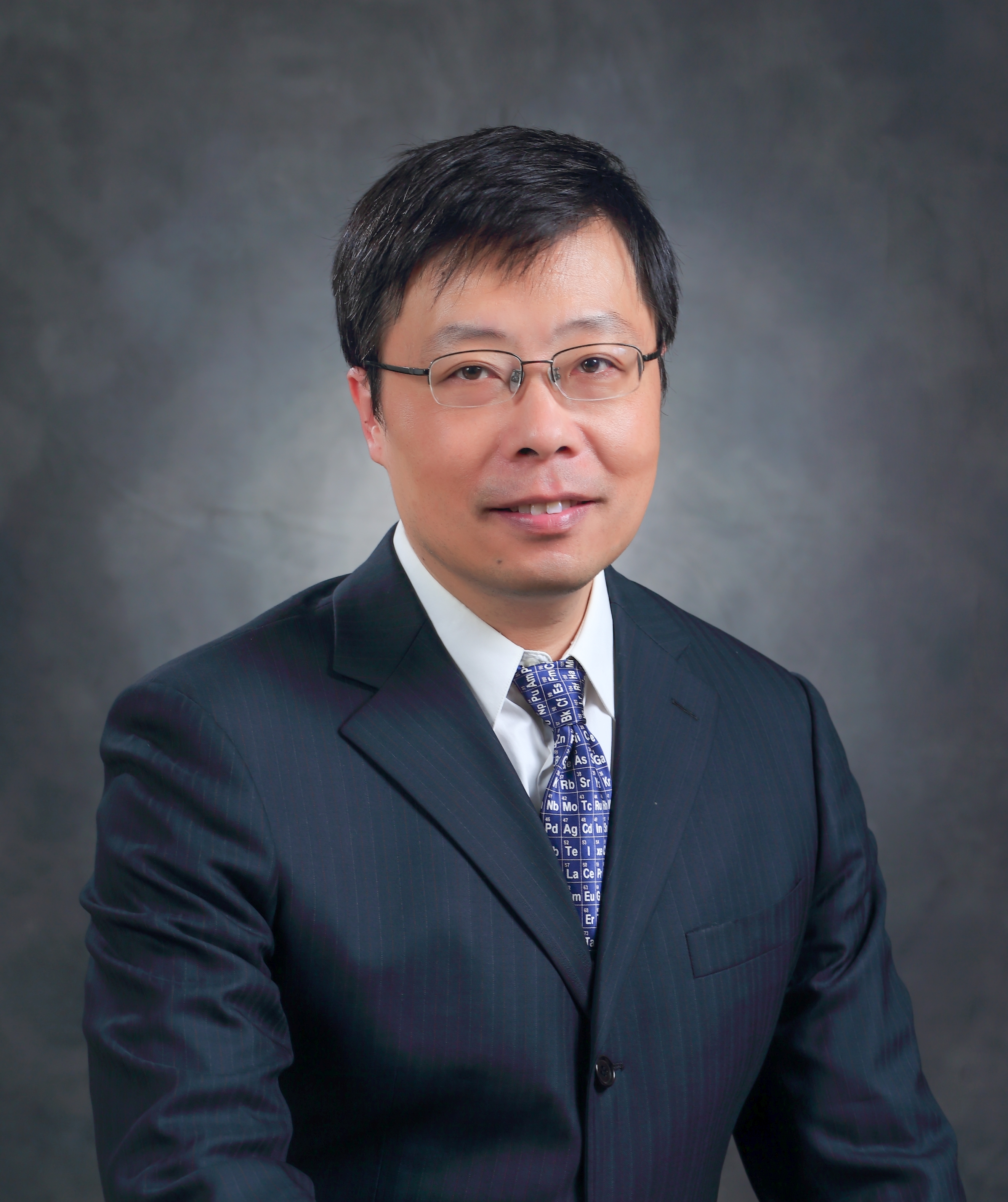
Prof. Feng Ye
State Key Laboratory for Advanced Metals and Materials,University of Science and Technology Beijing, China
Speech Title: Enhancing Formability of FeSi6.5 Steel by Anodic Polarization
Abstract: The effect of anodic polarization on plastic deformation behavior and formability of FeSi6.5 steel at room temperature was experimentally investigated through uniaxial tensile and drawing of wire specimen in sulfuric acid solution with current densities of 0–40 mA/cm2. The formability of the FeSi6.5 steel was significantly improved after the anodic polarization. The plastic elongation of the specimen as an anode in the electrochemical environment was 4.4%–7%, but 2.7% in the air. The softening is mainly attributed to the relief in work hardening caused by surface atomic dissolution. The effects of surface dissolution on dislocation activation in the FeSi6.5 steel are quantitatively studied by analyzing the stress relaxation data using the thermal activation theory of dislocation. The stressed FeSi6.5 steel sample in acid solutions (H2SO4 or HCl) exhibits a much higher rate of stress reduction with time compared with that in air or deionized water. The analyses reveal the mechanism for the accelerated plastic flow induced by the corrosive medium. The variations of these parameters are related to the relaxation of the stress field of dislocations and the weakening of interaction between slip dislocations and short-range obstacles. The chemomechanical effect, including a reduction in apparent activation energy and a decrease in waiting time for dislocation to obtain sufficient thermal activation energy to cross obstacles, causes an increase in the stress relaxation rate (plastic strain rate). The study confirms that surface dissolution accelerates the plastic flow of metals and supports the view that surface dissolution facilitates dislocation slip.
Keywords: FeSi6.5 steel, plastic deformation, anodic polarization, Voce equation, stress relaxation rate
Acknowledgements: This research was funded by the National Natural Science Foundation of China (52171096), and the Zhangjiagang Science and Technology Project (ZKCXY2116)
Biography: Dr. Feng Ye is a professor of University of Science and Technology Beijing. He received his BS (1993) from Tsinghua University, and PhD (1999) from Institute of Metal Research CAS. From 1999 to 2004, he successively worked in the Research Center Karlsruhe and the University Stuttgart in Germany as the Humboldt Fellow and the Max-Planck Fellow. His research areas include silicon steel, metallic glasses, and high entropy alloys. He has published over 150 papers in academic journals such as PNAS, PRL, Acta Mater, and JMST. Recent years, the main research focus has been on the enbrittlement mechanism and ductilization of hard and brittle metallic alloys, and developing plastic processing technologies, such as rolling, drawing, and extrusion, for high silicon electrical steel and TiAl alloy.
